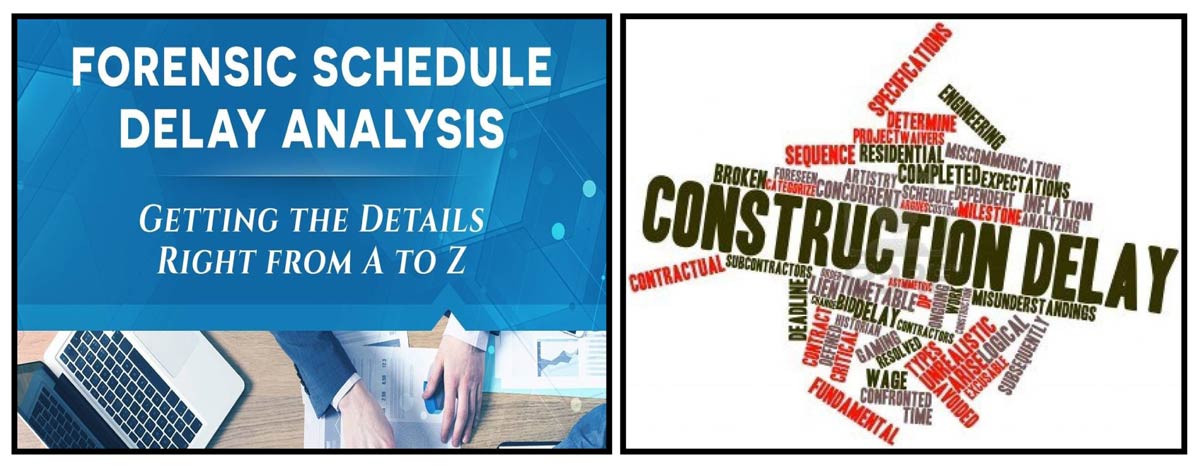Does delay analysis help to manage projects proactively?

Over time, delays have become an integral part of projects. In a way it has become a norm in the industry across cities. These delays ultimately result in customer dissatisfaction, litigations under RERA, claims by Contractors, LD clauses being invoked by Clients etc.
But it will be interesting to know that in most of the cases analysis of delays faced is not done holistically due to lack of data, process and time. In lieu of that what we experience is the customers make the developers responsible, developers make the contractors and municipal approvals responsible and in turn the contractors puts the responsibility on developers, natural calamities, scarcity of resources and last but not the least demographic, socio economic and political conditions of the country, followed by arbitrations and litigations.
In a nutshell, it does not help any of the stakeholders and its a ‘lose all’ situation. So how to mitigate this risk? Is it possible to analyse delays and learn from them? Is it possible to convert possible reasons of delays into a proactive and predictive risk management system and ensure mitigation and avoid delays?
Then let's understand delay classification.
| Delay Description | Delay type | Who needs this info.? | How is it useful? |
|---|---|---|---|
| Activity Level delay | Delay In Start Delay in Finish Delay in Duration |
Project Engineers and Operational Team | For planning to make up the delay and to avoid recurrence |
| Project Level delay | Delay in Critical Path | Project Managers and Strategic team | To align other functional requirements, decision making and future project planning |
| Contract Level delay | Delay in Critical Path of a particular contract | Contract team | For contract administration |
Now the moot point is, how to analyse the aforesaid classified delays with root cause analysis and mitigation measures on a daily basis. We all use different Scheduling platforms to prepare the project schedule and track it along with progress achieved. Do they come with this facility of giving a regular update on delays and the analysis of it? If they do not, then is it possible to do it manually on a regular basis? If we can't do that, then are we missing our control on the schedule?
Can we think of a solution?
We need a proactive and predictive scheduling platform, which not only allows scheduling, but also helps in checking the schedule from different points of view eg. package wise, structure wise, floor wise, flat wise, timeline wise etc. It also should have a facility to collect progress reports data from source with evidence (preferably through a mobile app platform which is very user friendly and needs negligible tech knowledge) and track the schedule automatically to prepare the revised schedule. The platform should also have analytical skills to distinguish areas of concern (risk management) and notify stakeholders well in advance to mitigate those risks. It should also be able to empower the team with a list of jobs to be done on a daily basis and also notifies them of the activity wise risks and also allows them to notify others of the on-ground constraints they are facing. Is there any such scheduling platform?
To know more about the solution connect with https://plannerfy.com.
Credits: Pictures are sourced from Google through open source search.